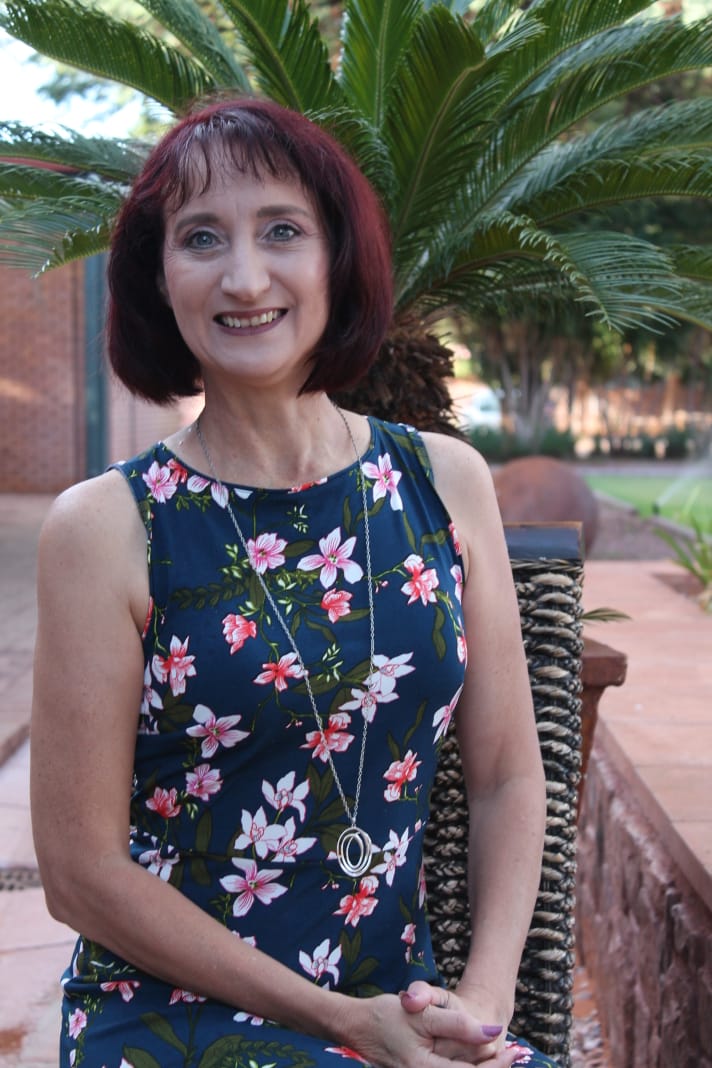
Marking the women’s month, a support for female principals, networking in the John Taolo Gaetsewe district, was held at the Joe Morolong municipality chamber on August 24, 2018.
Organised by the MEC for Education, Martha Bartlett, the purpose of the function was to lift the confidence of female principals in various schools within the region.
The MEC for Education was represented by the Chief Director for Curriculum Development Ms Gobonamang Doris Sibiya.
The platform was strategically created to enable female managers to express their challenges and to explore how such challenges could be tackled in the best interest of consolidating their leading roles in society.
Speaking on behalf of the MEC, the chief director emphasised the need for female leaders to rise to the occasion and conquer all forms of adversity that could be seemingly impeding their targeted aspirations and positions.
“The Department of Basic Education recognises and appreciates the critical role that women leaders play in all spheres of life. We are committed to increase women participation in formal and informal leadership roles nationally and provincially to strengthen women’s participation in decision making and community building to promote opportunities for advancement.
We have established in 2015 the Female Principals Support Networks in the Northern Cape. The programme aims at supporting and promoting the work of innovative female principals by creating opportunities for females to network, share best practices and learn from each other. It creates a platform for female school leaders to engage and to gather advice regarding the motivations, challenges and benefits of females in a variety of leadership roles thereby sustaining management initiatives.
The challenges facing female leaders are different from those faced by their male counterparts in many ways. There are several findings regarding the barriers facing females and attitudes that inhibit females from stepping into leadership roles.
Evidence suggests that women can face a ‘glass ceiling’ when they attempt to move into leadership positions. The most prevalent barrier is the balance of work, family and lifestyle. Culture and tradition also play a significant role in defining leadership.
The challenge of females not exercising their rights, accountability and responsibility will go unchallenged if women principals’ views are not talked about and listened to. The danger of gender discrimination must be avoided and roles should be allocated not in terms of gender but because of potential and skills acquired.
The empowerment of our women should focus on strengthening and guiding by a way of coaching and motivating women principals taking into consideration the strength and managerial as well as organisational skills women have, both informally and formally.
Female principals will therefore learn to overcome their shortcomings and be encouraged to lead and manage their schools with more confidence.
The establishment of a professional learning network of female principals will be beneficial to the Department, the various schools, communities as well as themselves” the MEC said.
School principals with various women officials sharing experiences and exploring more ways to bring more women into managerial positions.



















